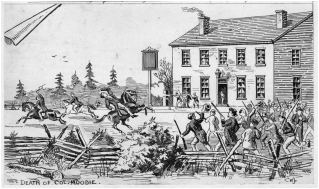
I refer to the behaviour witnessed by tourists in India who came upon large elephants tethered with very slim ropes to tiny stakes in the ground. They asked why the elephants didn’t just flex their muscles and snap the ropes or yank out the stakes. The answer was that the elephants had been staked that way ever since they were very young. They had always been confined that way and didn’t realize that they had outgrown their meagre restraints. Canadian MPs, especially members of the governing party, have long been treated in a similar manner, bound by the yoke of party discipline. Even with the new powers potentially available to them, will MPs break free of their decades of dependency and begin to assert themselves.

 RSS Feed
RSS Feed
